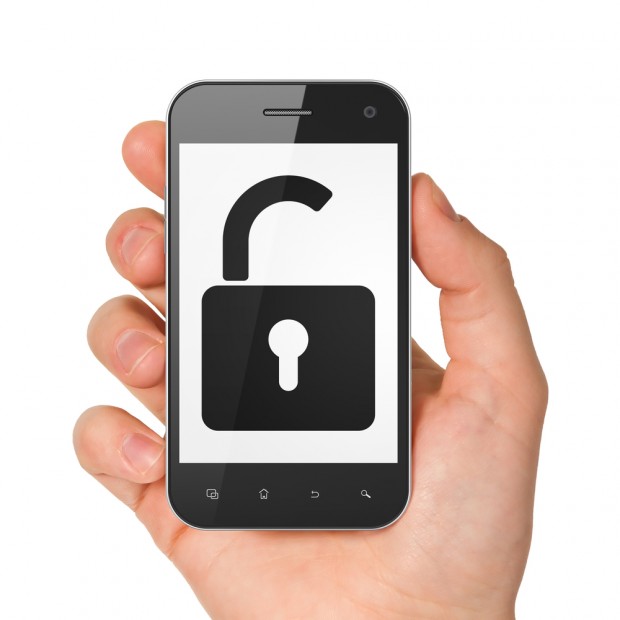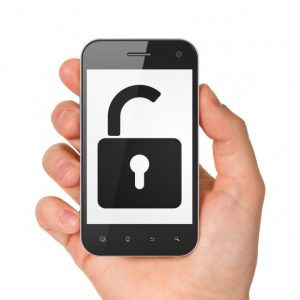Police must obtain a warrant to search cell phones, according to a unanimous decision handed down today, by the United States Supreme Court. The high court’s ruling in two companion cases, Riley v. California No. 13-132 and United States v. Wurie, No. 13-212, is a major victory for privacy advocates. Privacy advocates argued, that with the technological advancements over recent years, a cellular phone can store such vital private information about a person, that allowing police to have access to a suspects phone, without a warrant supported by probable cause, would result in a violation of the individual’s Fourth Amendment right to privacy, and to be free of unreasonable search and seizure by the government.
On the other side of the table is the government, who argued that searching through a suspect’s cell phone is the equivalent to asking an individual to empty their pockets during a stop. Chief Justice Roberts soundly rejected that argument, in the majority opinion stating, “That is like saying a ride on horseback is materially indistinguishable from a flight to the moon. Both are ways of getting from point A to point B, but little else justifies lumping them together. Modern cell phones, as a category, implicate privacy concerns far beyond those implicated by the search of a cigarette pack, a wallet, or a purse[.]”
This ruling was defeat to the Obama administration, as they have supported law enforcement’s position that these searches did not require a warrant. Justice Roberts in the majority opinion plainly stated, “Our answer to the question of what police must do before searching a cell phone seized incident to an arrest is accordingly simple— get a warrant.” Although, the court did give law enforcement a small out (as in most cases) by stating certain “exigencies” could arise, which would excuse the warrant requirement. For example, a major security threat is present and the police in good faith believed information was on that phone, which could prevent it. In this situation, it the defense attorney would be required to file a motion to suppress based upon a lack of a warrant, and the prosecution would have to establish at court, that an exigency was present in that specific case, to excuse the warrant requirement.
Based on this ruling, any search of a cell phone without a warrant is a clear violation of an individual’s Fourth Amendment rights. The court went as far to point out, that even a brief search of a suspects recent call log would constitute a search and thus illegal. In any case, it is advisable to all individuals to place security code on their phone, which will lock out any individual who does not have permission to use your phone.
-Michael A. Troiano, Esq.
sources: http://www.washingtontimes.com/news/2014/jun/25/supreme-court-bans-warrantless-cell-phone-searches/
http://www.lasvegassun.com/news/2014/jun/25/justices-say-cops-need-warrant-snoop-through-cellp/
http://www.politico.com/story/2014/06/supreme-court-decision-cell-phone-warrant-108287.html


